Evaluate the integral.
A.  i +
i +  j -
j -  k
k
B. -  ?i +
?i +  j +
j +  k
k
C.  j +
j +  k
k
D. -  ?i +
?i +  j +
j +  k
k
Answer: A
You might also like to view...
Solve the given differential equation.5x4cos2 ydx - dy = 0
A. y = tan-1 (x5 + C) B. y = tan-1 (x4 + C) C. y = tan (x5 + C) D. y = x5 + C
Use the rational zeros theorem to determine the potential rational zeros of the polynomial function. Do not find the zeros.f(x) = -4x4 + 3x2 - 4x + 6
A. ±  , ±
, ±  , ±
, ±  , ±
, ±  , ±
, ±  , ± 1, ± 2, ± 3, ± 6
, ± 1, ± 2, ± 3, ± 6
B. ±  , ±
, ±  , ±
, ±  , ±
, ±  , ±
, ±  , ± 1, ± 2, ± 4
, ± 1, ± 2, ± 4
C. ±  , ±
, ±  , ±
, ±  , ±
, ±  , ± 1, ± 2, ± 3, ± 4, ± 6
, ± 1, ± 2, ± 3, ± 4, ± 6
D. ±  , ±
, ±  , ±
, ±  , ±
, ±  , ± 1, ± 2, ± 3, ± 6
, ± 1, ± 2, ± 3, ± 6
Graph the inequality.y ? -2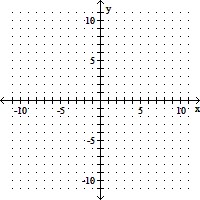
A. 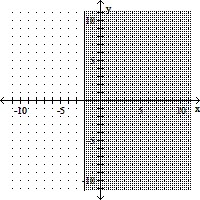
B. 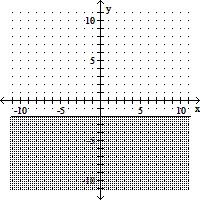
C. 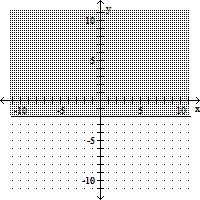
D. 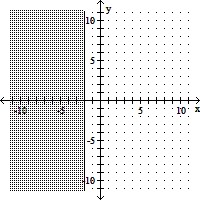
Solve the problem.A steel company produces two types of machine dies, part A and part B and is bound by the following constraints:? Part A requires 1 hour of casting time and 10 hours of firing time. ? Part B requires 4 hours of casting time and 3 hours of firing time.? The maximum number of hours per week available for casting and firing are 100 and 70, respectively.? The cost to the company is $0.75 per part A and $3.00 per part B. Total weekly costs cannot exceed $45.00.Let x = the number of part A produced in a week and  number of part B produced in a week. Write a system of three inequalities that describes these constraints.
number of part B produced in a week. Write a system of three inequalities that describes these constraints.
A. 
B. 
C. 
D. 